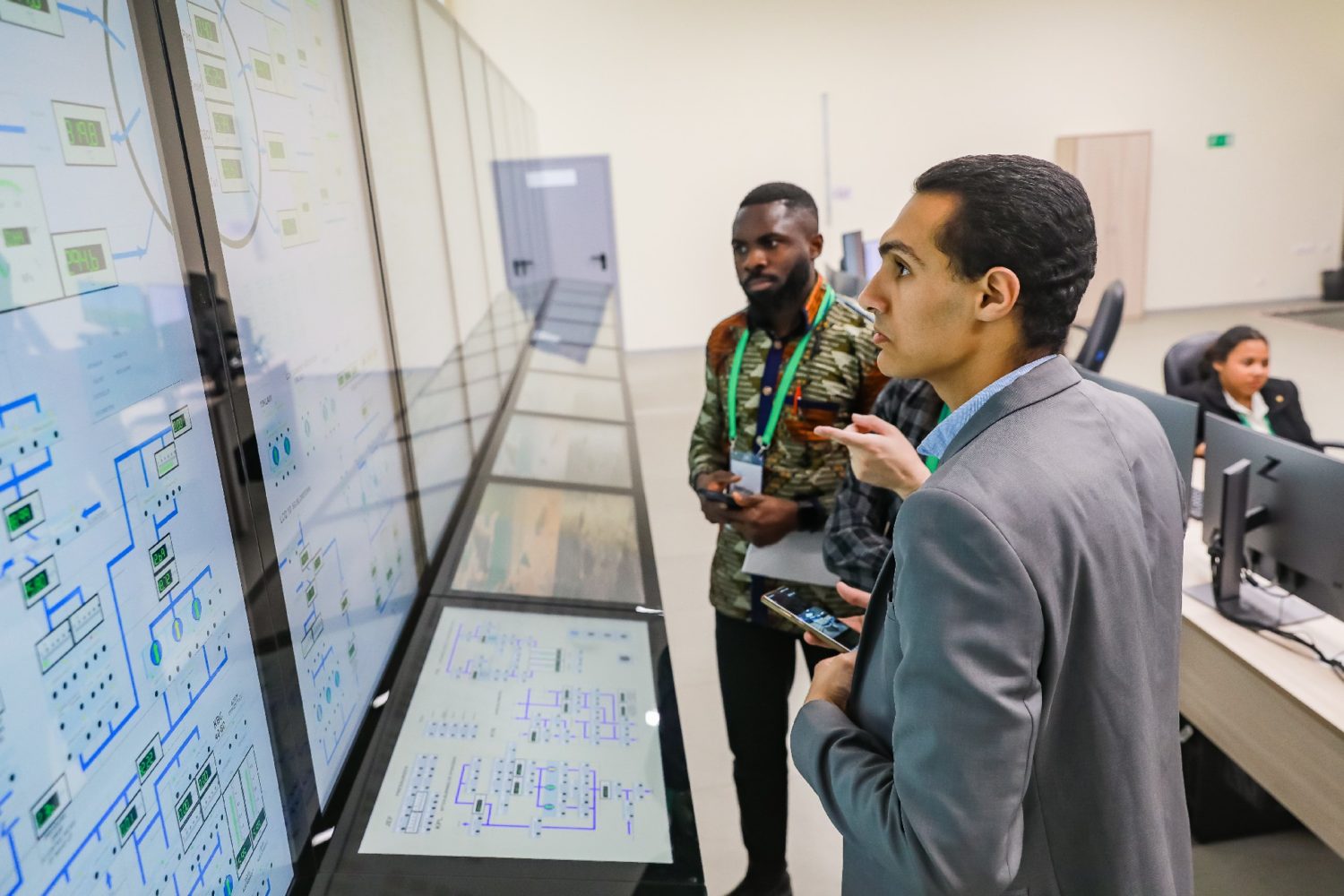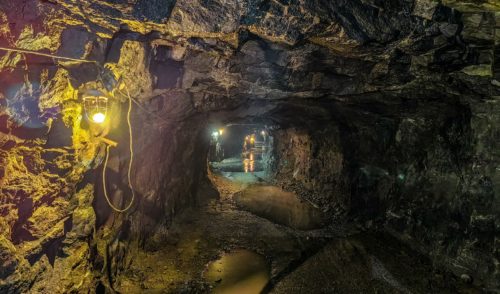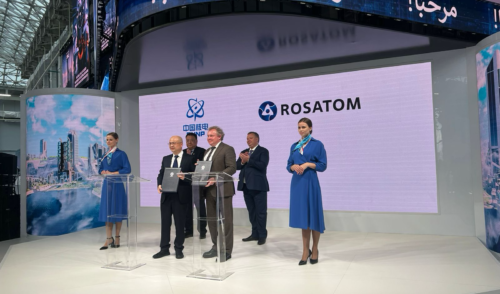
Education for Nuclear
back to contentsObninsk Tech, an international research and educational center for nuclear and related technology, was established at the birthplace of the world’s first nuclear power plant. It was in the focus of attention at Obninsk NEW, an international youth nuclear forum held in late September with Rosatom’s help.
About the center
The idea of establishing an educational center was approved by Russian President Vladimir Putin at a meeting with the Rosatom Director General Alexey Likhachev. “I am confident the center will be a leading cluster and a point of attraction for the talented youth from all over the world. It will train high-class professionals for different industries and state-owned companies. The center will contribute to Russia’s technological sovereignty in nuclear research and development,” Russian Prime Minister Mikhail Mishustin said in his welcoming speech to the forum participants.
The center is expected to open by 2030. It will offer training programs in closing of the nuclear fuel cycle, Generation IV nuclear technology, and nuclear medicine. Further plans include the opening of training centers for industrial design and engineering, prototyping, additive technologies, and other fields of study. The research program will be drawn up in association with partner countries.
Classes will be held at Rosatom’s Technical Academy and the Obninsk branch of the National Nuclear Research University MEPhI. This year, the Obninsk branch of MEPhI celebrated its 70th anniversary. About 500 foreign students study there despite geopolitical tensions. Each of the universities offering nuclear engineering programs will make its contribution to Obninsk Tech.
The infrastructure for Obninsk Tech is in place, but key facilities — a campus, laboratories, exhibition spaces, etc. — are yet need to be built.
Rosatom Director General Alexey Likhachev has high hopes for the center: “With Obninsk Tech established, Russia will take at least 20 % of the global market for nuclear and related education by 2030. The center will foster talents who are active, think globally and strategically, and are knowledgeable not only in natural sciences but in humanities as well,” Alexey Likhachev said.
International attention
Speaking at the Strong Education as the Foundation for the World Sustainable Development plenary session, IAEA Deputy Director General Mikhail Chudakov supported the Obninsk Tech project. About 2.3 million people are employed in the global nuclear industry, he said. If the nuclear power industry grows as the IAEA expects, four million professionals will be needed by 2050. “We hope that Obninsk will train at least a million nuclear workers by that time. We will support your every endeavor,” he assured.
“Nuclear is an integral part of the future clean energy mix and a symbol of decarbonization. Education is a key component of the strong foundation that underlies the understanding of how nuclear technology is important,” said Sama Bilbao y León, President of the World Nuclear Association.
Heads of nuclear agencies from Bolivia, Turkey, Vietnam and Brazil expressed interest in the center.
Radiating purity
As the forum was underway, a multi-purpose irradiation center was put in operation at the Karpov Research Institute of Physics and Chemistry (NIFHI), which is also based in Obninsk. It will specialize in radiation sterilization of medical products. Previously, NIFHI irradiated food products, polymer materials, and cables. “Domestic companies have significantly increased the output of medical products after the foreign suppliers withdrew. Rosatom has noticed the market demand for cold sterilization and expanded the chain of its irradiation centers,” Alexey Likhachev commented.
This is the seventh multi-purpose irradiation center in Russia. The eighth one is expected to be commissioned late this year in Kazan. “We plan to have 70 % of the Russian market. We also go global as we are building irradiation centers in Bolivia, Bangladesh and Uzbekistan and negotiating with three more foreign partners,” said Igor Obrubov, Head of Rosatom’s Healthcare Technologies division.
Facts & figures
>600 students and young researchers from 70 countries visited the forum
>50 events in 4 days
2 plenary and 8 topical sessions




